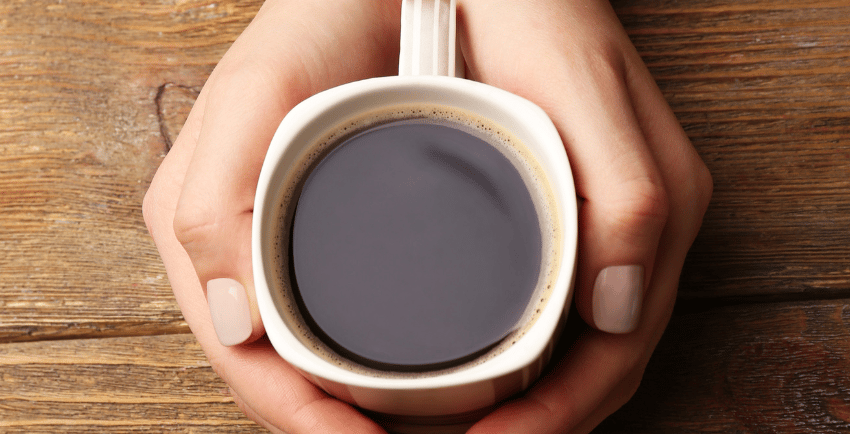Common Coffee Myths Debunked
Coffee is one of the most popular beverages in the world, and for good reason. It's delicious, energizing, and can even have some health benefits. However, there are also a number of myths about coffee that persist. In this blog post, we'll debunk some of the most common coffee myths.
10/30/20232 min read


Common Coffee Myths Debunked
Coffee is one of the most popular beverages in the world, and for good reason. It's delicious, energizing, and can even have some health benefits. However, there are also a number of myths about coffee that persist. In this blog post, we'll debunk some of the most common coffee myths.
Myth 1: Coffee is addictive.
While coffee is a stimulant, it is not addictive in the same way that drugs like nicotine or heroin are. Caffeine, the main stimulant in coffee, does lead to a mild form of physical dependence, but this is not the same as addiction. Withdrawal symptoms from caffeine are typically mild and usually only last for a few days.
Myth 2: Coffee dehydrates you.
Coffee is a mild diuretic, which means that it can cause you to urinate more often. However, this does not mean that coffee dehydrates you. In fact, studies have shown that coffee drinkers are just as hydrated as people who don't drink coffee.
Myth 3: Coffee stunts your growth.
This myth is particularly persistent, but there is no evidence to back it up. Studies have shown that coffee does not affect height or growth development in children or adults.
Myth 4: Coffee can cause insomnia.
While caffeine can make it harder to fall asleep, it doesn't necessarily cause insomnia. Most people can tolerate up to 400 milligrams of caffeine per day without experiencing any sleep problems. However, it's important to avoid caffeine in the hours leading up to bedtime.
Myth 5: Coffee is bad for your heart.
In the past, coffee was thought to be bad for the heart, but studies have since shown that coffee can actually be beneficial for heart health. Coffee drinkers have a lower risk of developing heart disease, stroke, and type 2 diabetes.
Myth 6: Pregnant women should avoid coffee.
The American College of Obstetricians and Gynecologists (ACOG) recommends that pregnant women limit their caffeine intake to 200 milligrams per day. This amount of caffeine is considered safe for both the mother and the baby.
Myth 7: Dark roast coffee has more caffeine than light roast coffee.
The caffeine content of coffee depends on the type of coffee bean and the brewing method, not the roast level. Dark roast coffee may have a stronger flavor, but it does not have more caffeine than light roast coffee.
Conclusion
Coffee is a healthy beverage that can be enjoyed by most people. However, it's important to be aware of the caffeine content of coffee and to avoid drinking too much, especially in the hours leading up to bedtime. If you have any concerns about drinking coffee, talk to your doctor.

